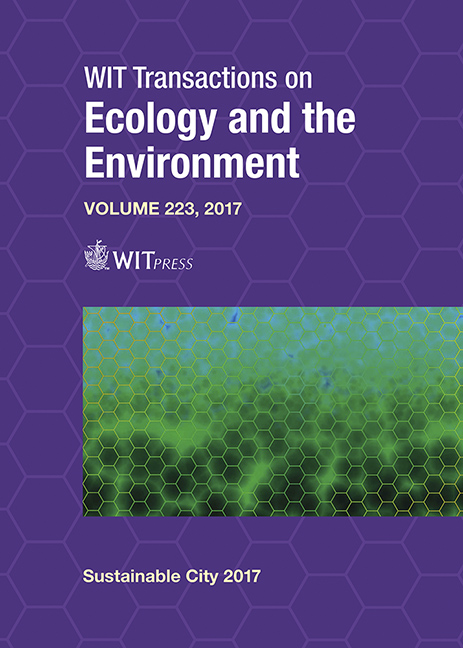THE ROLE OF THE PEOPLE’S PARK IN PROMOTING CONVIVIALITY AND QUALITY OF LIFE IN INCREASINGLY DIVERSE URBAN NEIGHBOURHOODS
Price
Free (open access)
Transaction
Volume
223
Pages
14
Page Range
297 - 310
Published
2017
Size
26,261 kb
Paper DOI
10.2495/SC170261
Copyright
WIT Press
Author(s)
MARIA BELTRAN-RODRIGUEZ, MADLEN SIMON
Abstract
Particularly in Europe, which has long struggled to accept a diversifying population, urban neighbourhoods are increasingly heterogeneous. Change is accelerating as the crisis in the Middle East drives refugees to European cities. This current diversification has tremendous implications for the ways people use urban public places. The typology of the people’s park is one of the contexts where this will play out. The people’s park, characterized by an intent to design spaces for and with all members of a community, is an everyday space with potential to promote social well-being. In this research conviviality is understood as a social condition contributing to everyday quality of life. In defining conviviality, we have gone beyond the English definition, “to live together and/or dine together,” incorporating other meanings such as the French, “ability of a society to promote tolerance and mutual exchange of ideas among the people and groups that compose it.” Our research examines the people’s park as an institution for fostering convivial behaviour in public life. The ultimate goal of this research is to inform urban planning policies addressing social life in the public realm, with a focus on peacebuilding and conflict prevention in multi-ethnic communities. The means to that goal is the development of a methodology for studying the relationship between design and convivial behaviour, that can guide the design of parks to promote peaceful coexistence and can assist communities in assessing and improving existing underperforming parks. The objective of this paper is to trace the development of the research methodology from the main findings of the literature review of conviviality in the urban realm.
Keywords
conviviality, quality of life, research methodology, peace-building, immigration, diversity, behaviour





